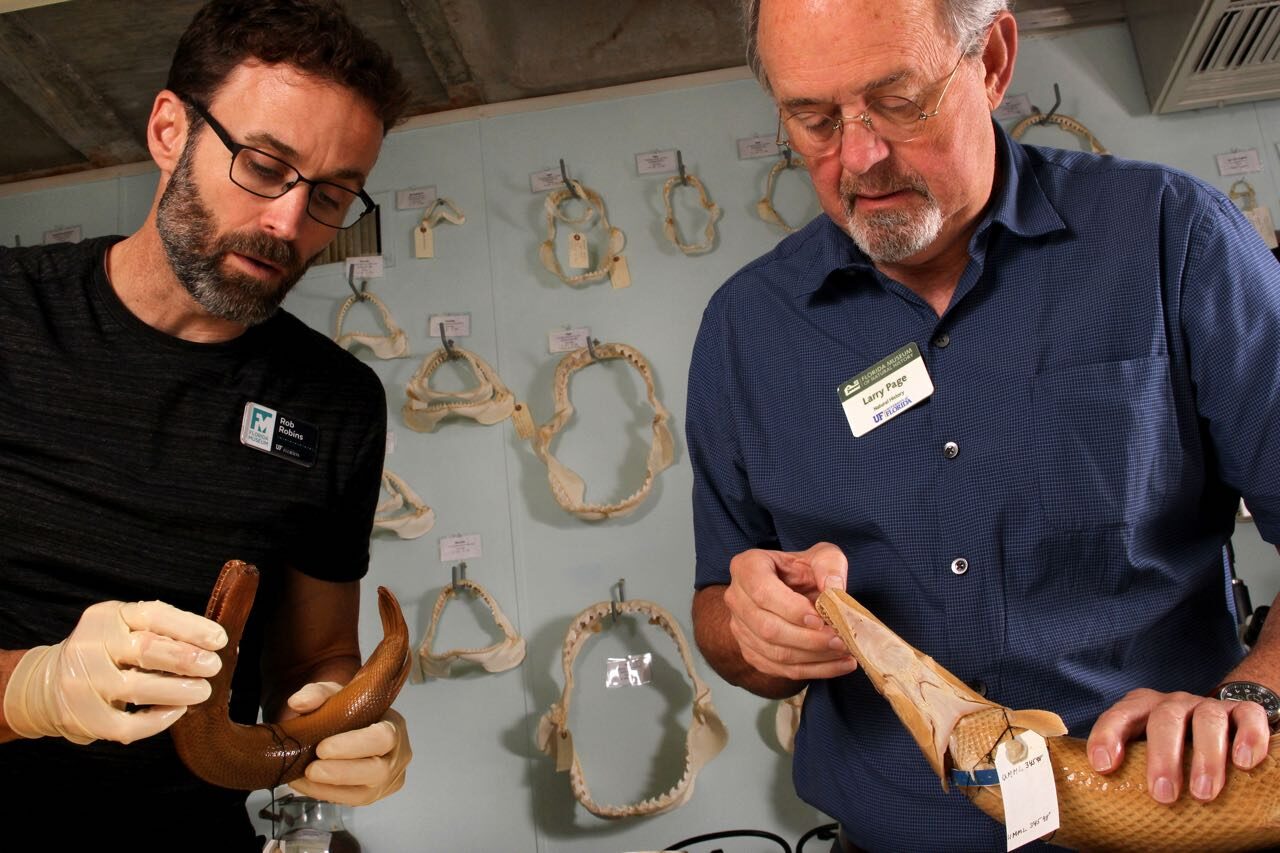2015 Year in Review
In 2015, the NSC Alliance engaged in a number of notable activities to raise the profile of natural history collections with policymakers, researchers, and the general public. A few highlights are presented below: Successfully re-nominated LindaLee (Cissy) Farm to serve on the Native American Graves Protection and Repatriation Act Review Committee. She previously chaired the […]

